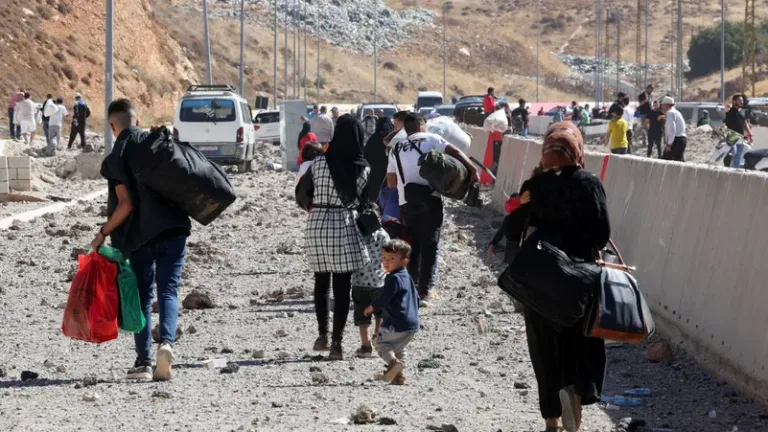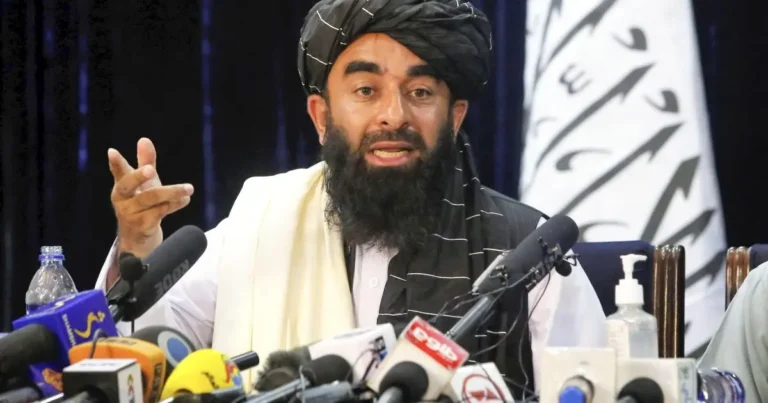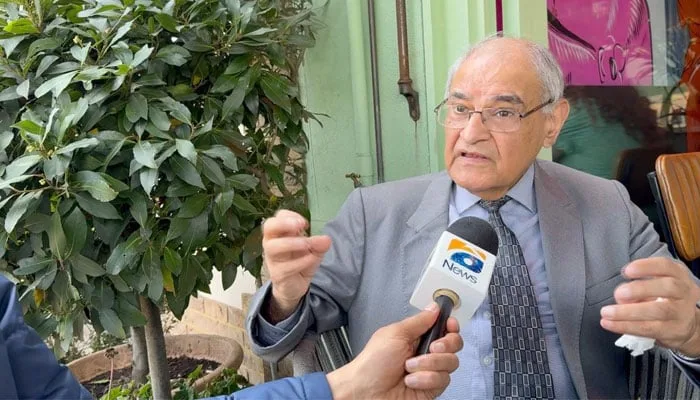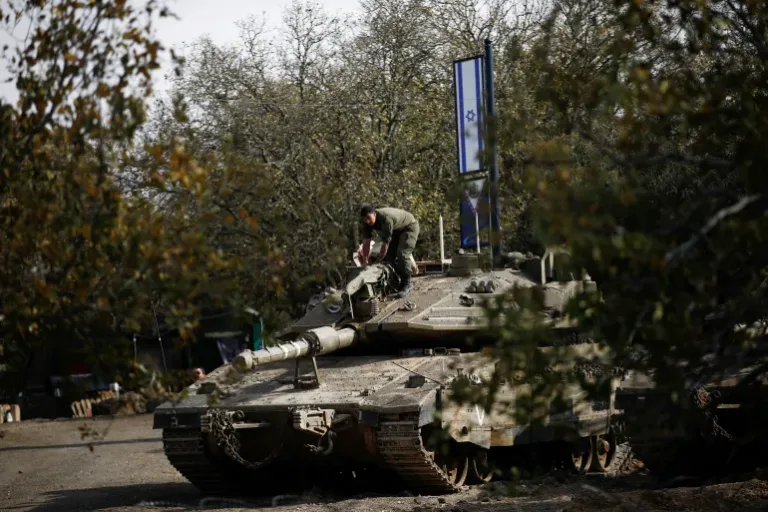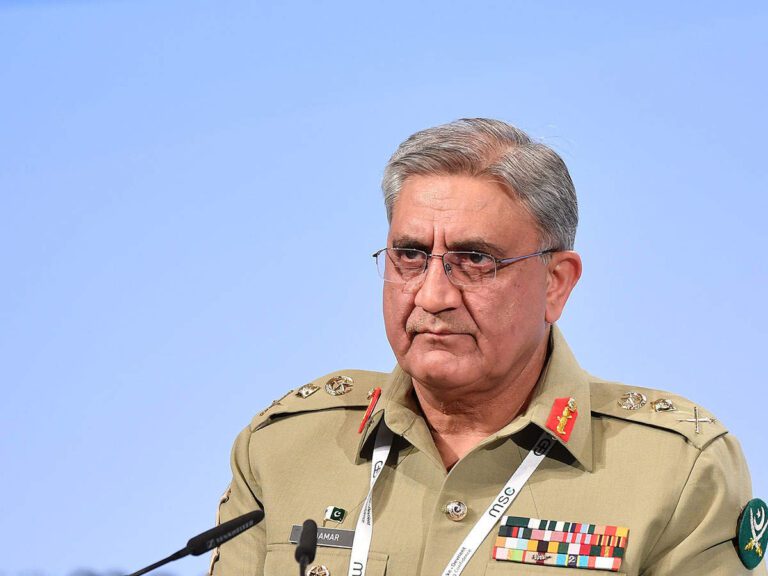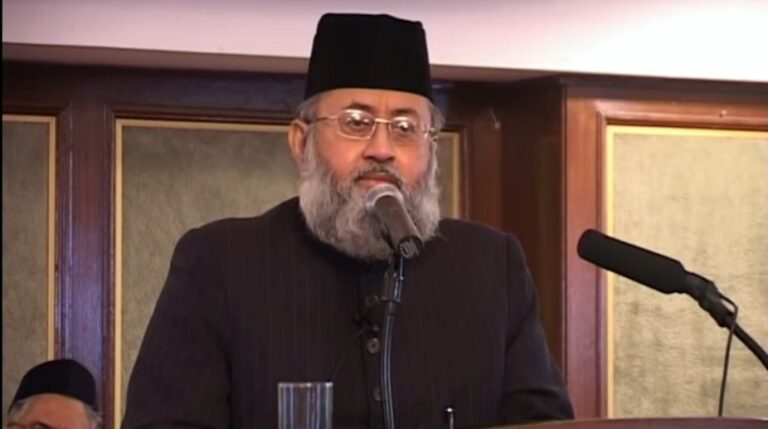Moulana Salman Nadwi Exposed all Pakistan Stakeholders in his Speech
Watch Video
Salman Nadwi’s Revelations Uncover Pakistan’s Stakeholders: A Deep Dive into the Role of the Army , Bureaucracy and islamic scholar
In the intricate tapestry of Pakistan’s socio-political landscape, revelations from influential figures can often act as seismic shifts, exposing hidden layers of power dynamics and revealing the intricate connections between various stakeholders. Recently, Salman Nadwi, a prominent Islamic scholar, stirred waves of intrigue and controversy with his exposé shedding light on the role of Pakistan’s army and bureaucracy.
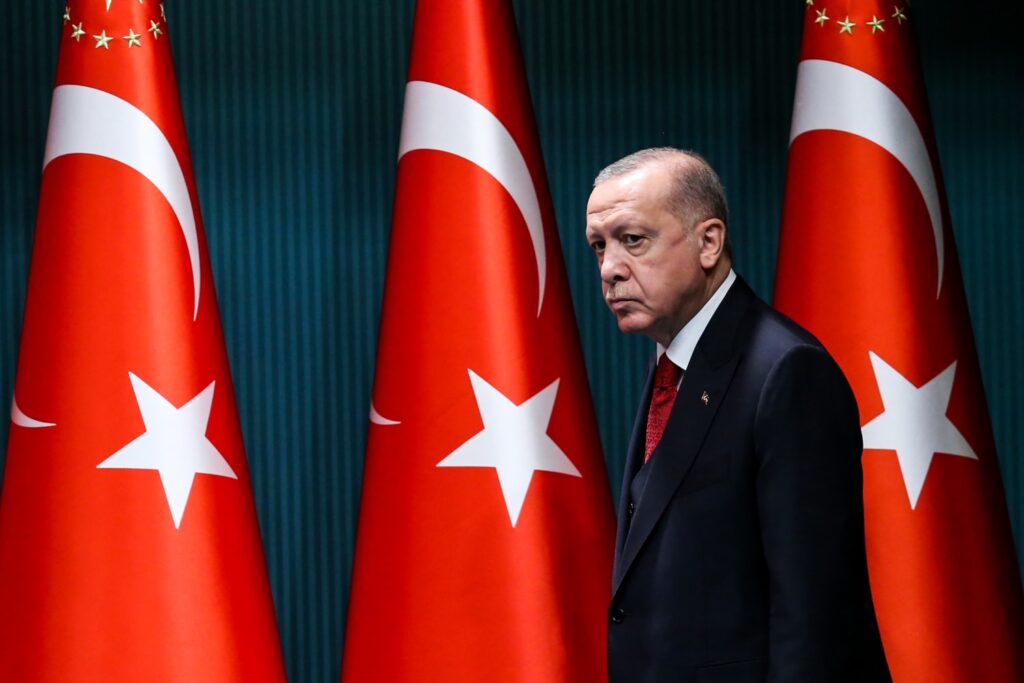
Turkish Voters Defeated Erdogan, Major Setback in Nationwide Election
Nadwi’s revelations have sparked intense debate and speculation, prompting a closer examination of the intricate web of influence that shapes Pakistan’s governance and societal fabric. At the heart of these revelations lies a critical analysis of the nexus between the military establishment, bureaucratic machinery, and other influential actors within the Pakistani state.
Central to Nadwi’s disclosures is the assertion of undue influence wielded by the military establishment over Pakistan’s political and administrative affairs. The Pakistan Army, a powerful institution deeply entrenched in the country’s power structure, has historically played a significant role in shaping national policies and governance. Nadwi’s revelations shed light on the extent to which the military’s influence permeates various spheres of Pakistani society, raising questions about the nature of civil-military relations and the balance of power within the state.
Moreover, Nadwi’s exposé delves into the role of the bureaucracy, another pillar of Pakistan’s governance framework, in perpetuating existing power dynamics. The bureaucracy, often regarded as a bastion of entrenched interests and bureaucratic red tape, wields considerable influence over decision-making processes and the implementation of policies. Nadwi’s revelations highlight the symbiotic relationship between the military establishment and the bureaucratic elite, underscoring how these institutions collaborate to maintain their grip on power.
Furthermore, Nadwi’s disclosures have broader implications for Pakistan’s democratic institutions and the rule of law. In a country where democratic governance has often been marred by allegations of electoral fraud, political instability, and military intervention, Nadwi’s revelations serve as a stark reminder of the challenges facing Pakistan’s democratic transition. The exposure of undue influence wielded by non-elected actors raises concerns about the erosion of democratic norms and the need for greater transparency and accountability in governance.
In response to Nadwi’s revelations, there have been calls for greater oversight and accountability mechanisms to curb the influence of non-elected actors in Pakistan’s governance processes. Civil society activists, political commentators, and concerned citizens have urged authorities to address systemic issues and strengthen democratic institutions to safeguard against undue interference from vested interests.
However, amidst the fervor sparked by Nadwi’s exposé, there are also voices of skepticism and caution. Some argue that while Nadwi’s revelations shed light on important issues, they may not necessarily lead to tangible reforms or substantive changes in Pakistan’s governance dynamics. Skeptics point to the entrenched nature of power structures and the challenges inherent in challenging vested interests within the state.
As Pakistan grapples with the fallout from Nadwi’s revelations, it faces a critical juncture in its journey towards democratic consolidation and governance reform. The exposure of hidden power dynamics underscores the need for concerted efforts to strengthen democratic institutions, promote transparency, and uphold the rule of law. Only through meaningful reforms and a commitment to democratic principles can Pakistan navigate the complexities of its political landscape and build a more inclusive and accountable governance framework for its citizens.
You May Like :
Donald Lu U.S. Diplomat Denies Allegations: No American Conspiracy in Pakistan’s Leadership Change
Farooq Abdullah And Omer Abdullah were briefed on scrapping of Article 370: Ghulam Nabi Azad

